The Department of Electrical & Computer Engineering (ELCE) was established in 2022 and have an intake of 60 students.
The Department has well equipped labs with necessary hardware and software to meet the curriculum and industry requirements. We have Project Lab, Advanced Lab and CoE’s to harness the creative and innovative aspiring minds to put their imagination into reality.
The department has strength of 15 dedicated faculty members holding master and doctorate degrees from reputed institutions including IITs and NITs. Faculty members have specialization in diverse fields of Electrical & Electronics Engineering viz. Control & Instrumentation, Artificial Intelligence, Renewable Energy, Power systems, Power Electronics, Electrical Machines & Drives and Hybrid Electric Vehicles.
The faculty members and students of ELCE are actively involved in research activities and have published various patents, nationally as well as internationally, in addition to significant number of research papers in reputed International Journals, Proceedings of various International and National Conferences, Seminars and Symposia.
The department has collaborated with various Industries and signed Memorandum of Understandings (MoU) for research activities, Industrial Visits, Expert Lectures, Industrial Training, Internship and Placements.
The department has active student chapters with IEEE–Power Engineering Society, Institution of Engineers India (IEI) and the International Society of Automation (ISA), under which various activities are organized for the overall professional growth of the students, aligning to the latest trends in technology.
Why us
Imparts quality education, training, and research through excellent academic environment.
Well-furnished classrooms having optimal seating capacity, projectors & audio arrangements.
Well-equipped industry collaborated labs, solar lab and project lab for industrial exposure and hands-on experience.
Holistic development of students through curricular and extracurricular activities.
MOUs


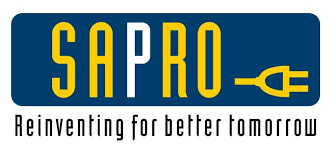
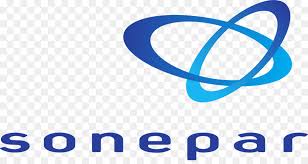








Vision
To impart futuristic technical education and instil high patterns of discipline through our dedicated staff, who shall set global standards, making our students technologically superior and ethically strong, who in turn shall improve the quality of life of society at large.
Mission
To conduct the undergraduate programs with practical exposure, creating new knowledge and skill sets by engaging in the research-oriented approach and promoting the academic growth.
To identify the areas of specialization needed in the industry, upon which the focus is needed.
To promote creative thinking and innovations by the students and faculty.
To develop strong industry –academia relationship, which offer long term opportunities and benefits.
Strive for the continuous growth of the department by upgradation of the existing facilities and experimental setup in the department.
To develop human potential to its fullest extent so that intellectually capable and creative leaders can emerge from the department.
To nurture students and infuse professional ethics, human values, and positive attitude in the students.
Programme Educational Objectives (PEOs)
Program Outcomes (POs)
Program Specific Outcomes (PSOs) relevant to the Course

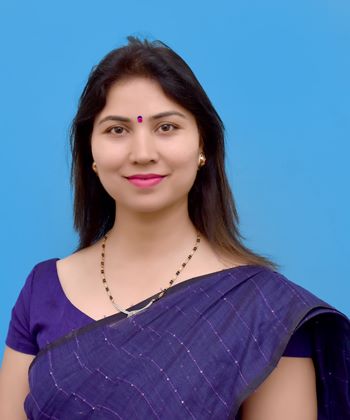
Welcome to the Department of Electrical & Computer Engineering! At our department, we're committed to fostering innovation, creativity, and excellence in engineering education and research. Whether you're an aspiring engineer eager to embark on a journey of discovery or a seasoned professional looking to expand your horizons, you've come to the right place. Our dedicated faculty members are experts in their respective fields, passionate about sharing their knowledge and guiding students towards success. With state-of-the-art facilities and cutting-edge research opportunities, we provide a dynamic learning environment where students can thrive and explore their interests.
Our programs with a wide spread of the curriculum and technical training in the latest domains of Automation, Robotics, Soft Computing, Web Development, and Renewable Energy from the basic level prepares the students for exciting careers in various industries. Through hands-on projects, internships, and collaborative endeavours, we empower our students to tackle real-world challenges and make a positive impact on society.
As the head of the department, I am proud of the accomplishments of our students, faculty, and alumni. Together, we are shaping the future of engineering and driving innovation forward.
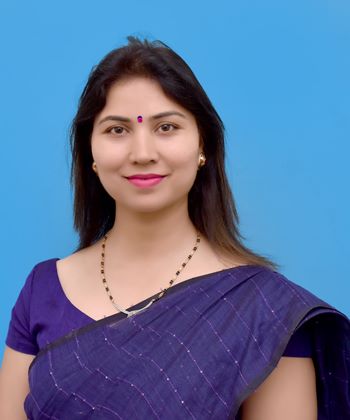

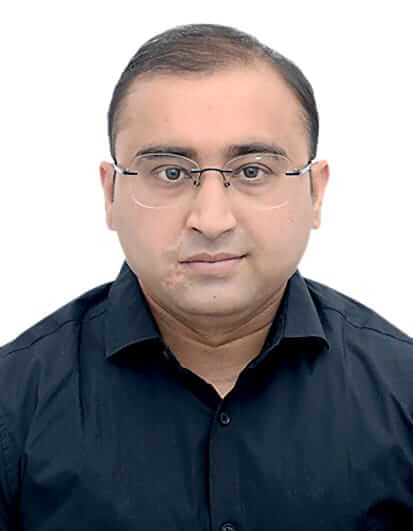
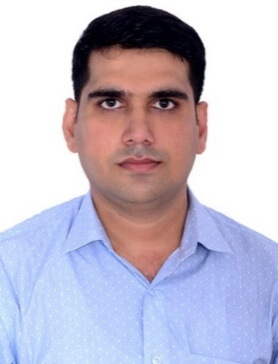
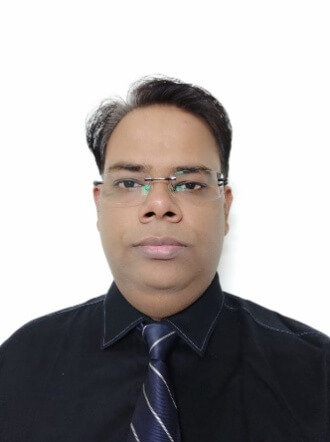
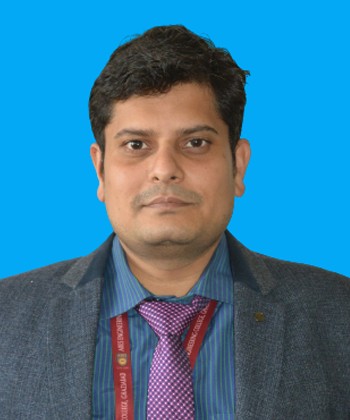
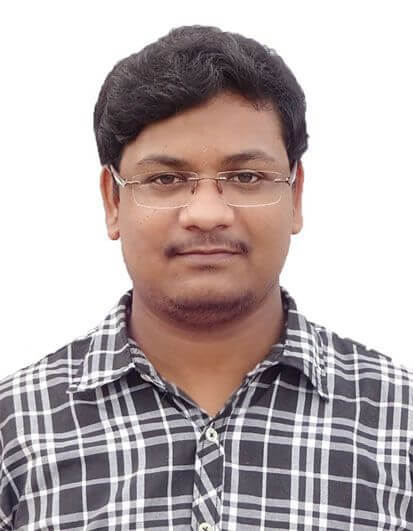
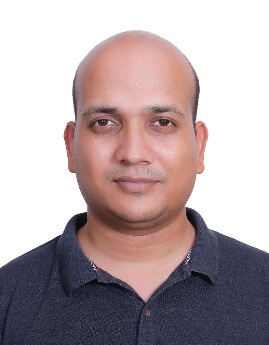

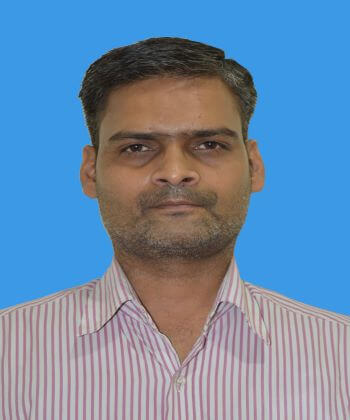
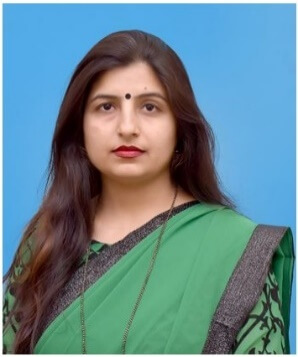
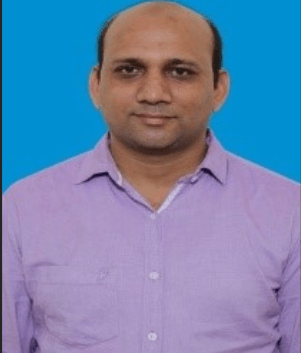
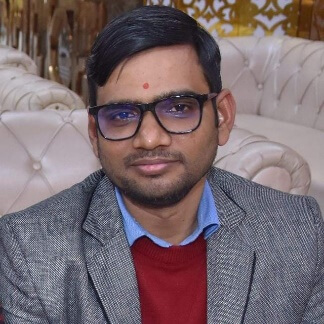
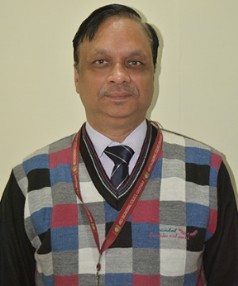
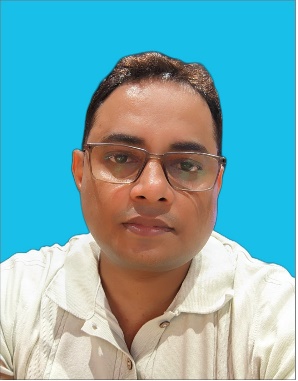
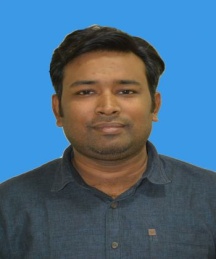

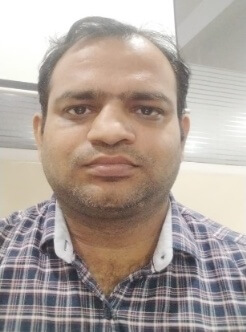
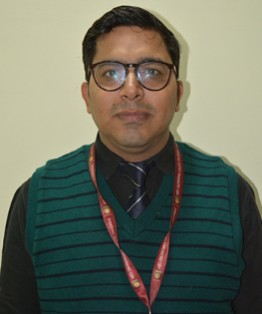
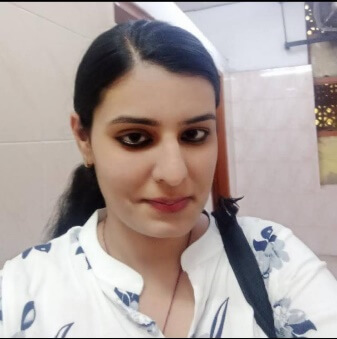
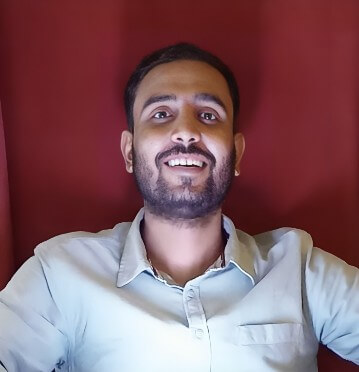
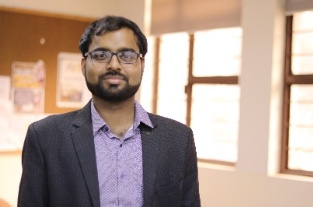
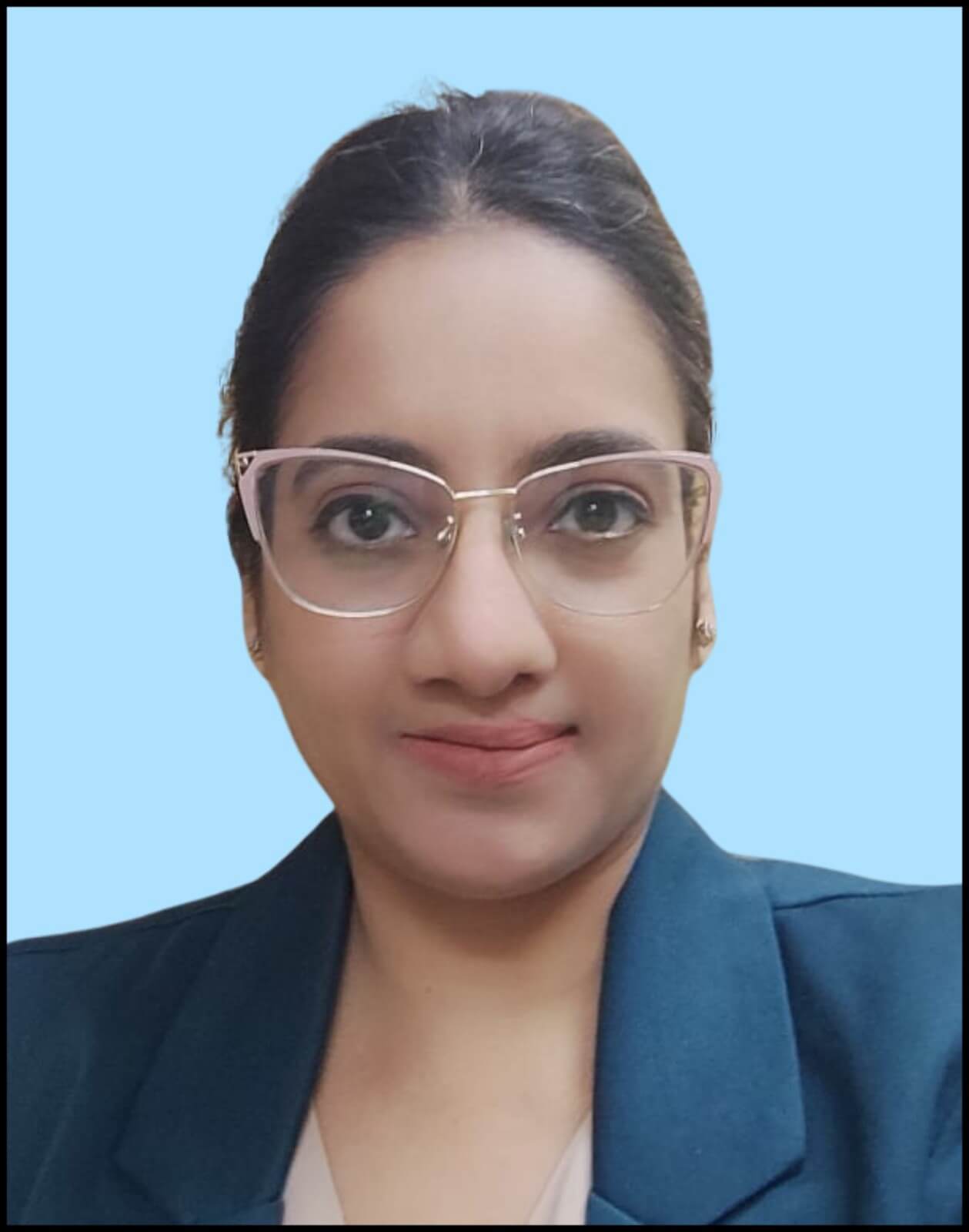
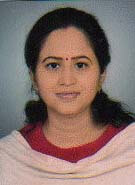
Frequently Asked Questions
Electrical and Computer Engineering (ELCE) is a multidisciplinary field that combines principles of electrical engineering and computer science. It focuses on designing, developing, and maintaining systems and devices that involve electronics, computing, communication, and control systems.
Electrical Engineering focuses on electronics, power systems, signal processing, and hardware design.
Computer Engineering bridges electrical engineering and computer science, focusing on computer hardware, embedded systems, and software-hardware integration.
ELCE graduates can work in diverse fields such as:
Robotics and automation
Telecommunications
Embedded systems
Power systems and renewable energy
Artificial intelligence and machine learning
Software development
Semiconductor design and manufacturing
The College has tie-ups with leading companies like TCS, Infosys, and other multinational corporations, offering placement assistance and pre-placement training.
Core subjects typically include
1. Circuit theory
2. Digital logic design
3. Microprocessors and microcontrollers
4. Signals and systems
5. Control systems
6. Communication systems
7. Computer networks
8. Power electronics
1. Internet of Things (IoT)
2. Artificial Intelligence (AI) and Machine Learning (ML)
3. 5G and wireless communication
4. Renewable energy systems
5. Autonomous vehicles and robotics
The future of ELCE is promising, with growing demand in areas like:
1. Smart devices and IoT
2. AI-driven systems
3. Quantum computing
4. Green energy solutions
5. Advanced semiconductor technologies